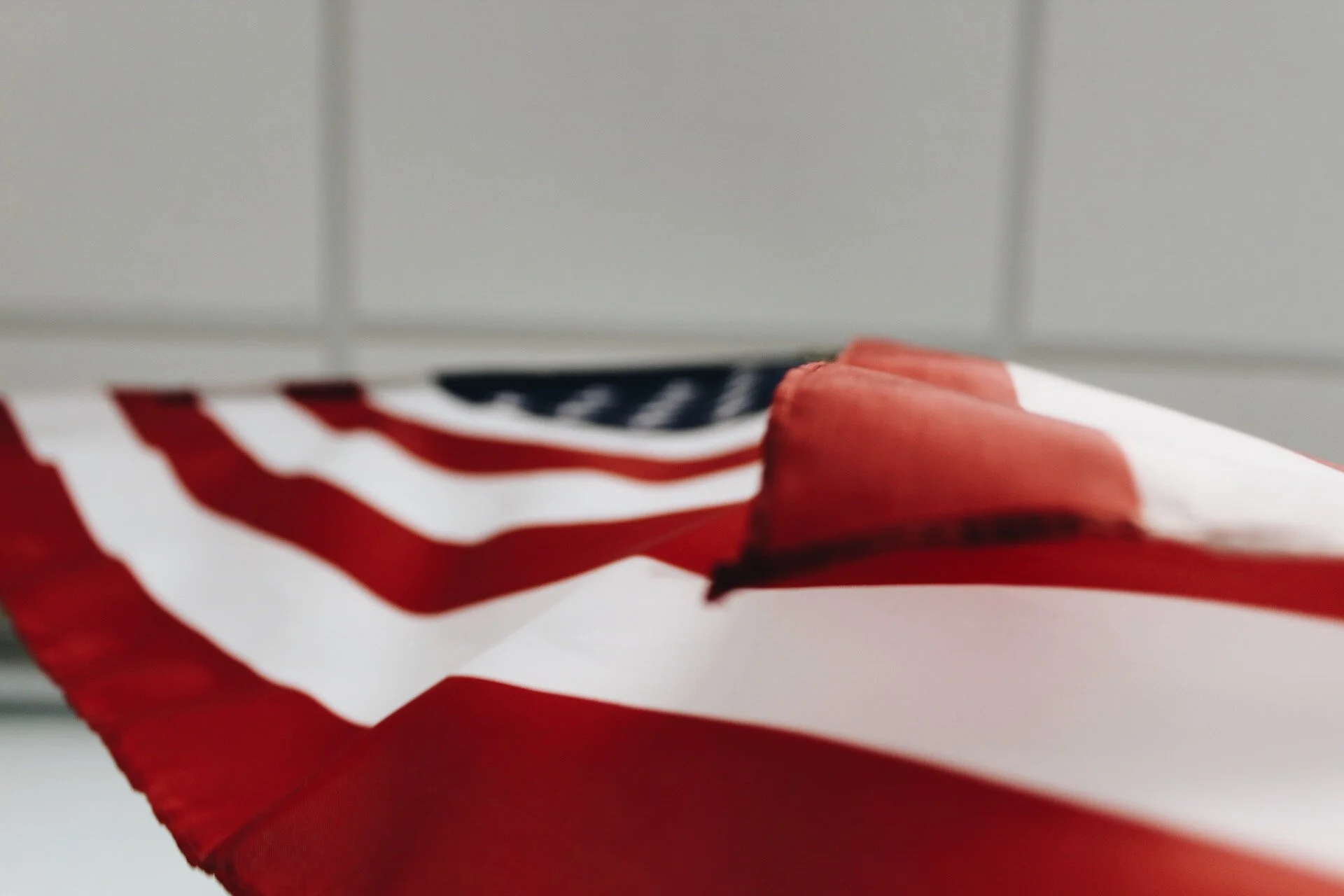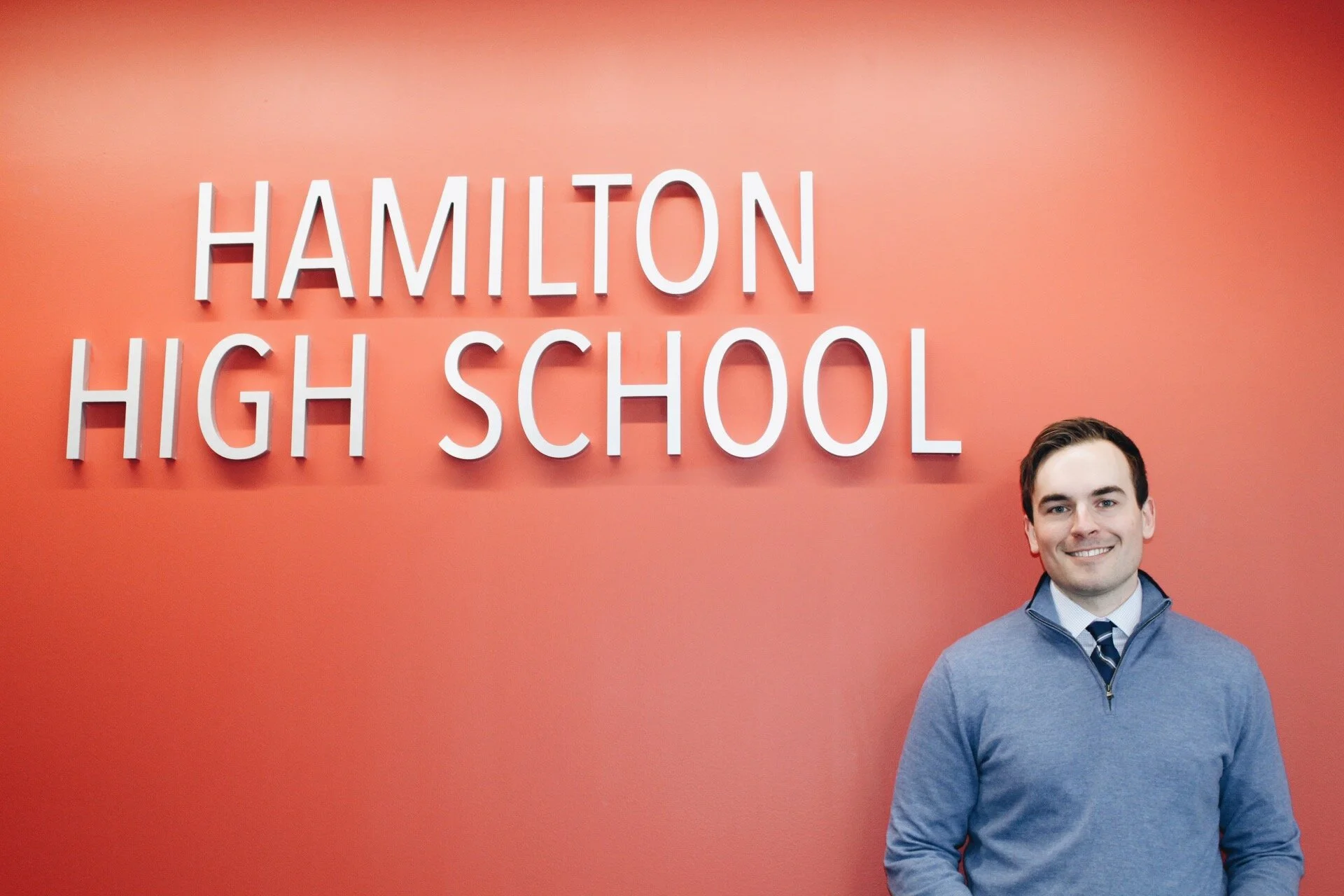Fear, Death, and Insurrection: An Attack on U.S. Democracy
Photo by Cora Kuhlenbeck
January 6th was to be a relatively eventful day if it went as planned. Reverend Raphael Warnock had just won a Georgia runoff for one of two seats up for grabs in the Senate, and it was apparent that Jon Ossof was likely going to secure the second, giving Democrats the majority in the Senate. Congress was convening to confirm Joe Biden’s presidential victory, a process that is usually considered a formality. It was no secret that tens of thousands of Donald Trump’s loyal followers intended to gather in the Capital to protest the certification of election. However, not many actually knew what violent and atrocious acts were to come. This insurrection was a blatant attack on United States democracy, and it must not go unpunished or forgotten.
At about noon on January 6th, Donald Trump stepped on stage to address his mob of supporters. This was not out of the ordinary, the President routinely speaks at these types of gatherings. I did not care to watch this speech; for the most part, I figured it would be the same as any other speech that he had given in the past weeks— remarks on the greatness of himself and his supporters, and claims that he won the presidency. It was not until later in the day when I first heard about the violence that he encouraged; the violence that he welcomed. “We will never give up. We will never concede. It doesn’t happen. You don’t concede when there’s theft involved… We fight like hell. If you don’t fight like hell, you’re not going to have a country anymore… Our exciting adventures and boldest endeavors have not yet begun… We’re going to the Capitol. We’re going to try and give them the kind of pride and boldness that they need to take back our country,” the president proudly remarked. He spoke for over an hour.
At about 1:00 p.m., while Trump was still speaking, many of his supporters had already started to breach the barricades of the Capitol building; all the while, Vice President Mike Pence made a statement to the Senate, saying that he would not formally contest the election results, claiming, “My oath to support and defend the Constitution constrains me from claiming unilateral authority.” In the following hour, Congress would continue their debates in their individual chambers as the group of rioters got larger and progressively more violent. At around 2:11 p.m, rioters broke into the Capitol building.
I was passing through my living room, glancing at the news, when the reporters stopped what they were doing, saying something along the lines of, “Mike Pence has just been ushered off of the Senate floor.” I stopped and watched, confused. I thought that the Vice President had perhaps had a medical issue, not yet knowing about the rioters’ breach of the Capitol. It started to become evident that something serious was happening. I called my sister saying, still confused, “They took Pence off of the floor. It looks like there might be a Secret Service there.” She ran upstairs and we watched, waiting for clarity on what was happening. Finally, that clarity arrived. “There are protesters in the Capitol building.”
We sat and watched, in relative silence, for about half an hour, as the Senate and House of Representatives went into recess. We witnessed, live, hundreds of rioters walking into the doors of the Capitol, reports of “shots fired,” a woman being put into an ambulance, reports of Congress members being told to hide under desks, and history playing out right before our eyes. Still, the story had gaps; there was still much that was not known. It was not until the coming days when the full story began to come to light.
But what actually happened with this attack? What does this mean for our democracy? It is important, in the interest of clarity, to address this attack exactly how it is— an insurrection on our government and a blatant attack on the democracy that was previously so revered by the world. This attack showed weakness. Weakness in the minds of our citizens. Weakness in the morals of our people. Weakness in the ability of our powerful politicians to protect sacred buildings. Boris Johnson, Prime Minister of England, Scott Morrison, Prime Minister of Australia, Emmanuel Macron, President of France, and Justin Trudeau, Prime Minister of Canada are all among the world political leaders who have made remarks about the January 6 attacks. There are reports of Congress members who were, and still are, afraid for their lives and their children's lives. It is a national embarrassment. Through this attack, the entire world has been exposed to the faults and issues that our country has been facing for a number of months and years.
Ashli Babbitt, a 35-year-old Air Force veteran, was shot by a police officer after attempting to break into the Speaker's lobby. Kevin Greeson, a 55-year-old Trump supporter, died after having a heart attack during the rally. Rosanne Boyland, a 34-year-old Trump supporter, was crushed to death after trying to storm the Capitol building. Benjamin Phillips, a 50-year-old Trump supporter, died after having a stroke at the riots. Brian Sicknick, 42-year-old Capitol Police officer, was killed after being struck with a fire extinguisher. Howard Liebengood, a 51-year-old police officer who was on duty during the riots, died by suicide days after the insurrection. He was known as a good man. Six dead from an attack that could have been prevented if the President simply accepted the facts.
There is no question of whether or not the President incited insurrection. His fighting words, his last efforts to take power, are documented. The only question that remains is if politicians in Congress will have the responsibility to ensure that something like this cannot happen again. This democracy, so valued for so long, has been broken beyond reversal. We cannot simply ignore what has happened and move on with life. The only way for our country to heal and begin rebuilding would be closure on a dark time in our history. Donald Trump must be impeached and convicted of his crimes. After all, shouldn’t everybody be treated equally under the eyes of the law, regardless of rank in office?
Our democracy has been assaulted, our politicians have been threatened, and our country must react. Our weaknesses have been exposed, put on display for the entire world to watch while our country crumbled under the control of a man who refused to accept what has been proven time and time again— that he is no longer our president. This is no longer a matter of politics, it is a matter of the longevity of this country and the safety of our democracy. After all, what good is the United States government if it can’t even protect itself from its own citizens and leaders?






